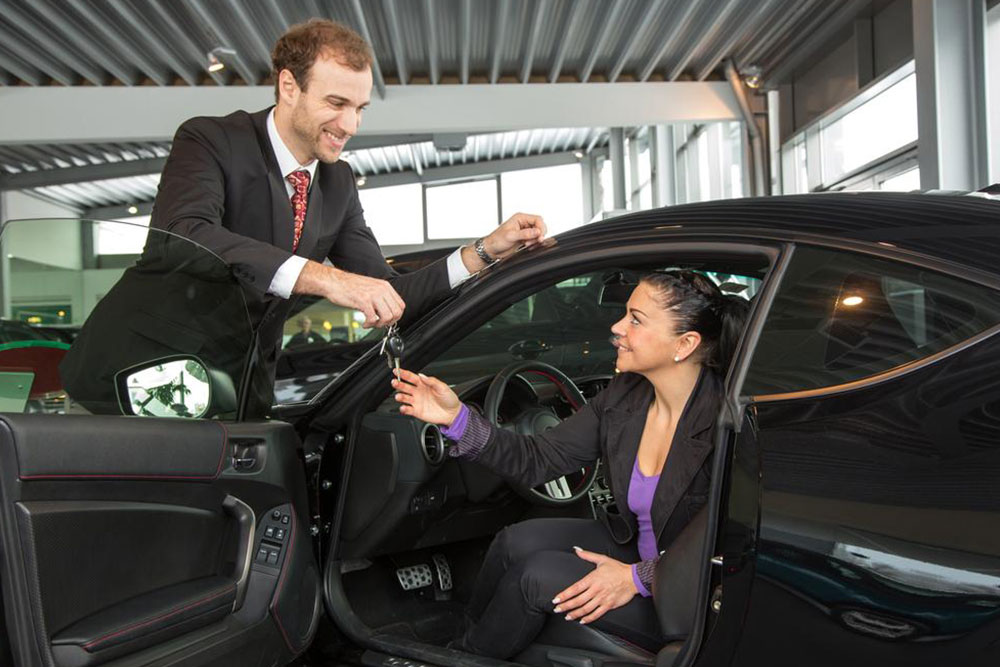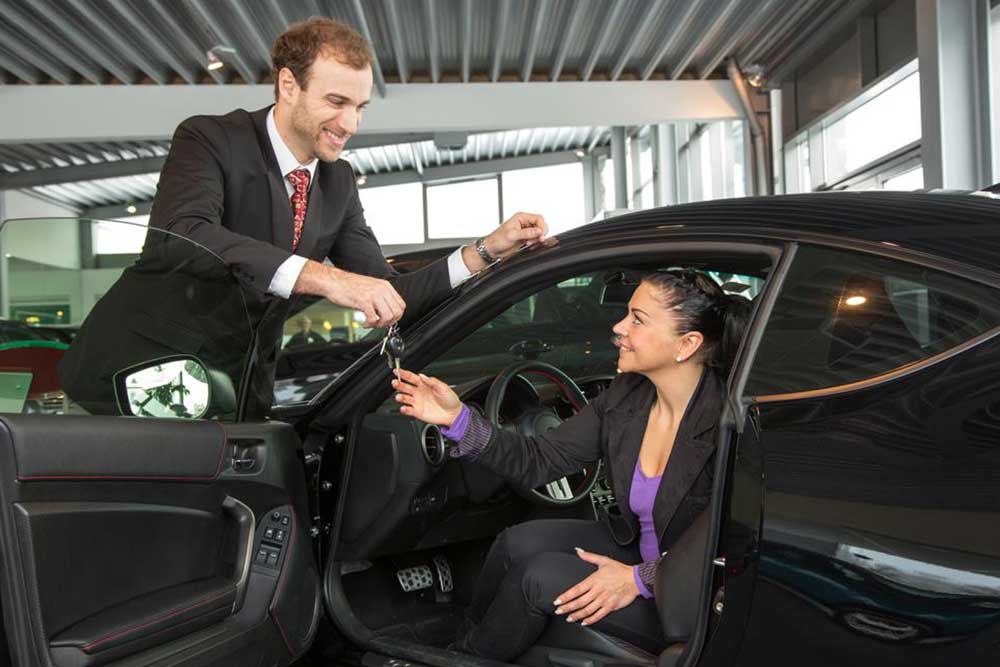Essential Strategies for Purchasing Vehicles at Public Auctions
Learn key strategies to buy quality used cars at public auctions effectively. This guide covers essential inspection tips, VIN verification, market value research, and buying considerations to help you make smart bids and avoid costly mistakes. Whether you're a first-time buyer or experienced, these tips can improve your auction success rate and ensure you get a reliable vehicle at a fair price.
Sponsored

Effective Strategies for Buying a Car at an Auction
When attending regular auto auctions—distinct from classic car or collector events—you have the chance to purchase vehicles at potentially lower prices. Due to economic slowdown and tighter credit policies, interest in these auctions has increased. To make a smart purchase, consider these essential tips:
Focus on vehicles that are affordable but ensure that repair costs won't outweigh the savings.
Most cars are sold based solely on visual assessment. Carefully inspect for damages like overspray, uneven body panels, scored brake rotors, leaks underneath, or an unbalanced stance.
If the vehicle smells damp or has wet carpets, it's best to pass.
Always record the Vehicle Identification Number (VIN), typically located on the windshield, door sticker, or trunk. Mismatched VINs may indicate previous accidents and rebuilt status, so avoid those bids.
Check the oil and transmission fluid dipsticks. The fluids should be clear and clean, suggesting proper maintenance.
Research the vehicle's market value using online tools like Kelley Blue Book or Edmunds for an accurate estimate. Local listings such as Craigslist can also provide pricing insights. Remember, vehicles are sold 'as is'—without warranties—so bid only when you are confident about the car's condition and worth.






